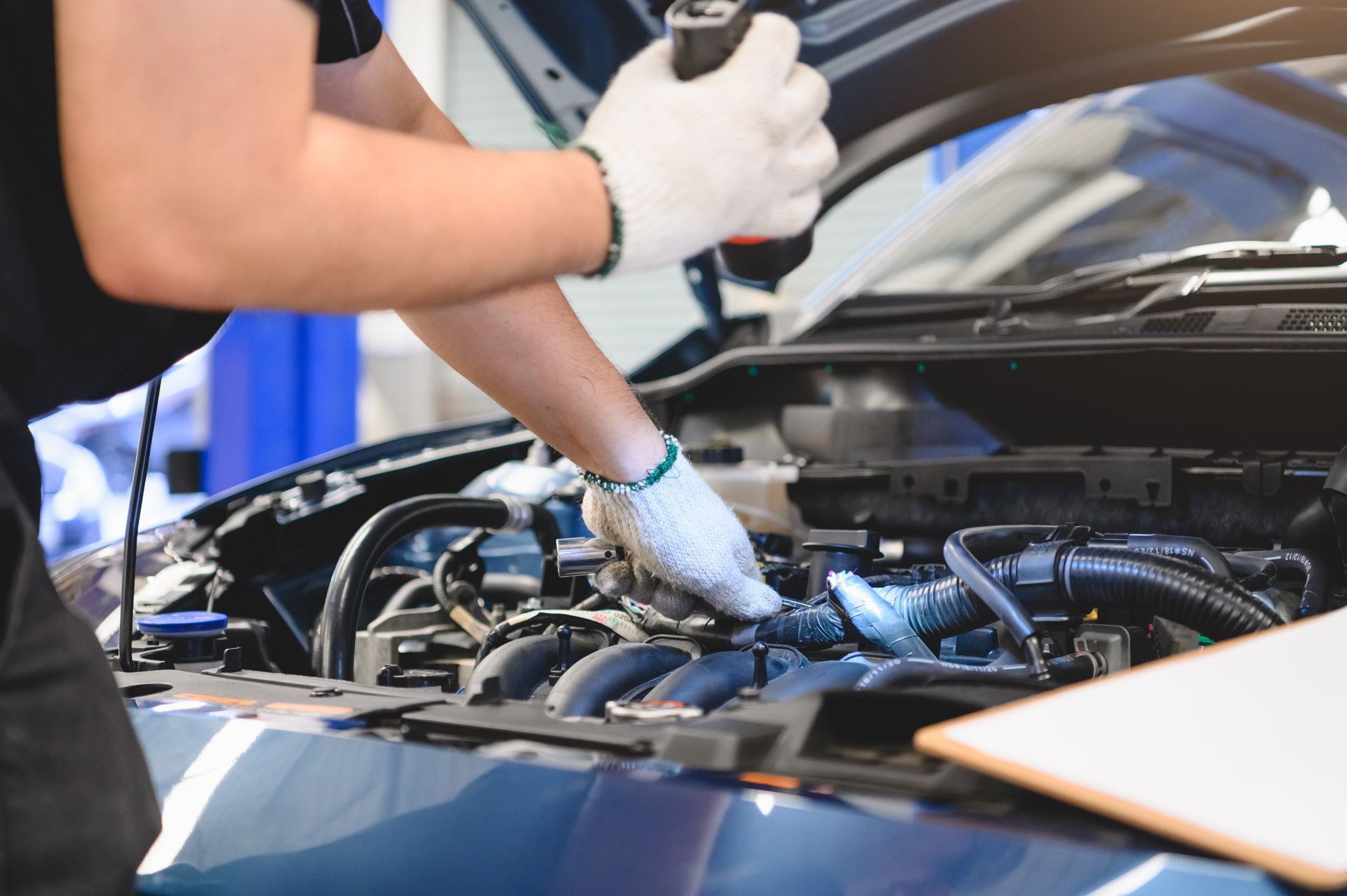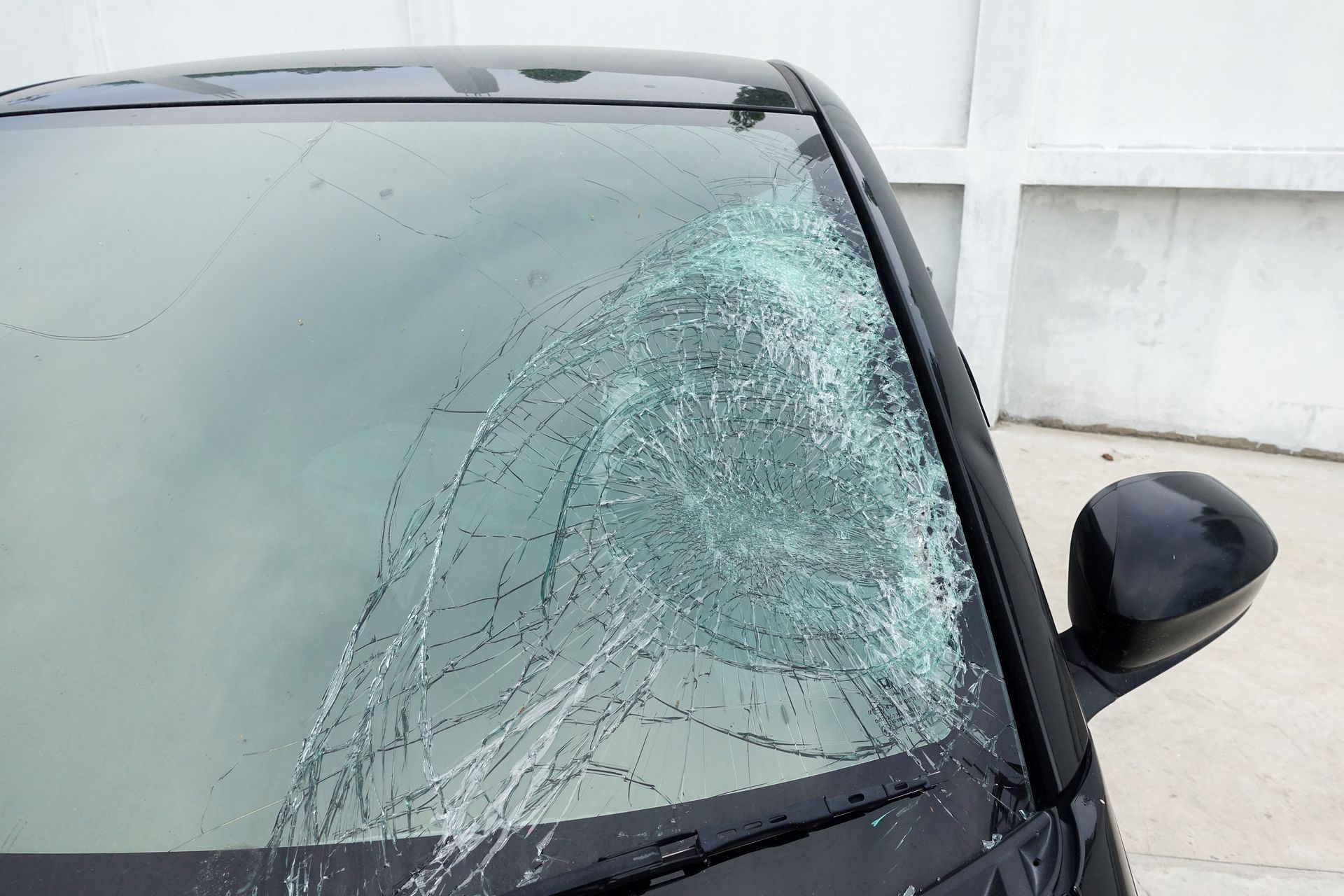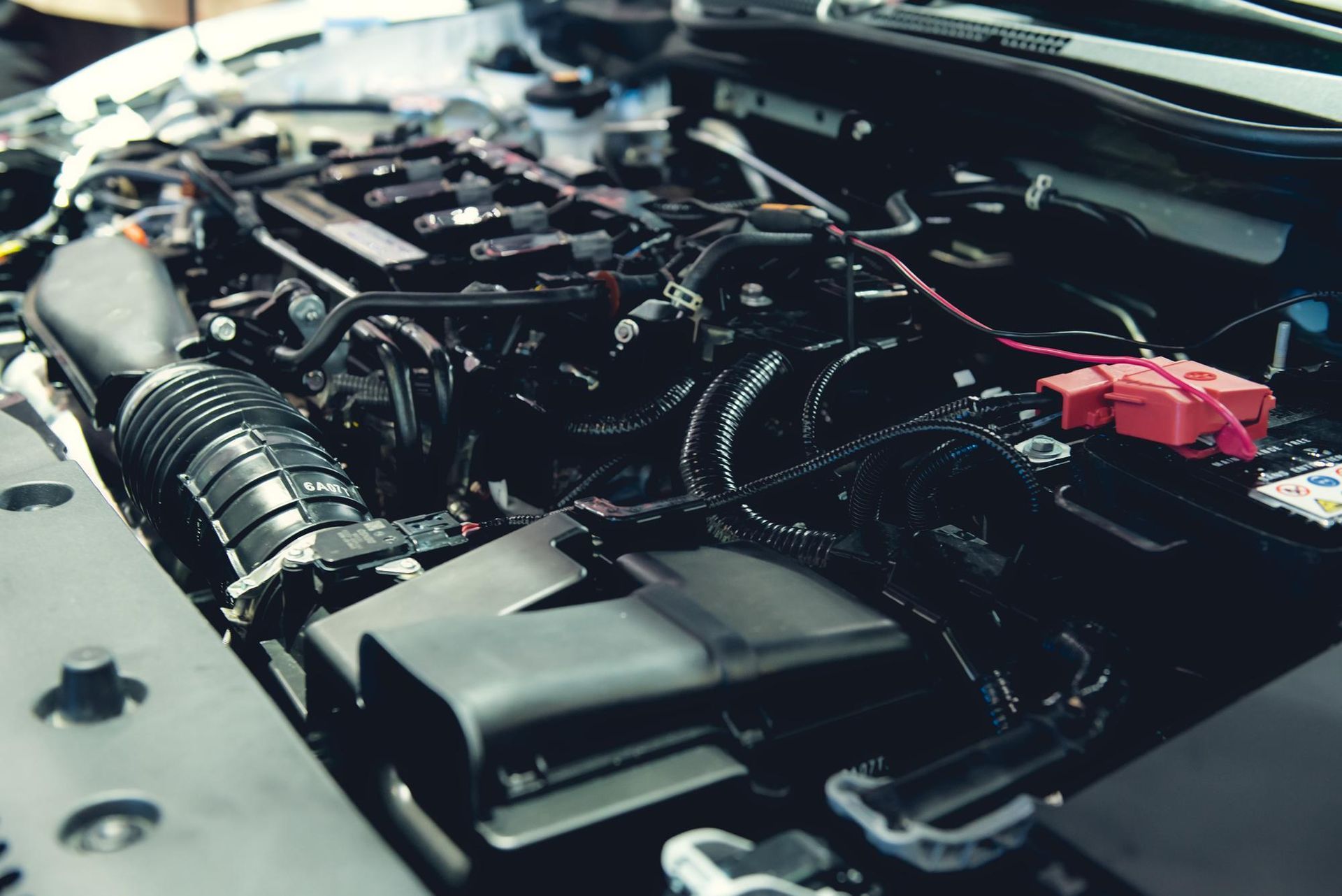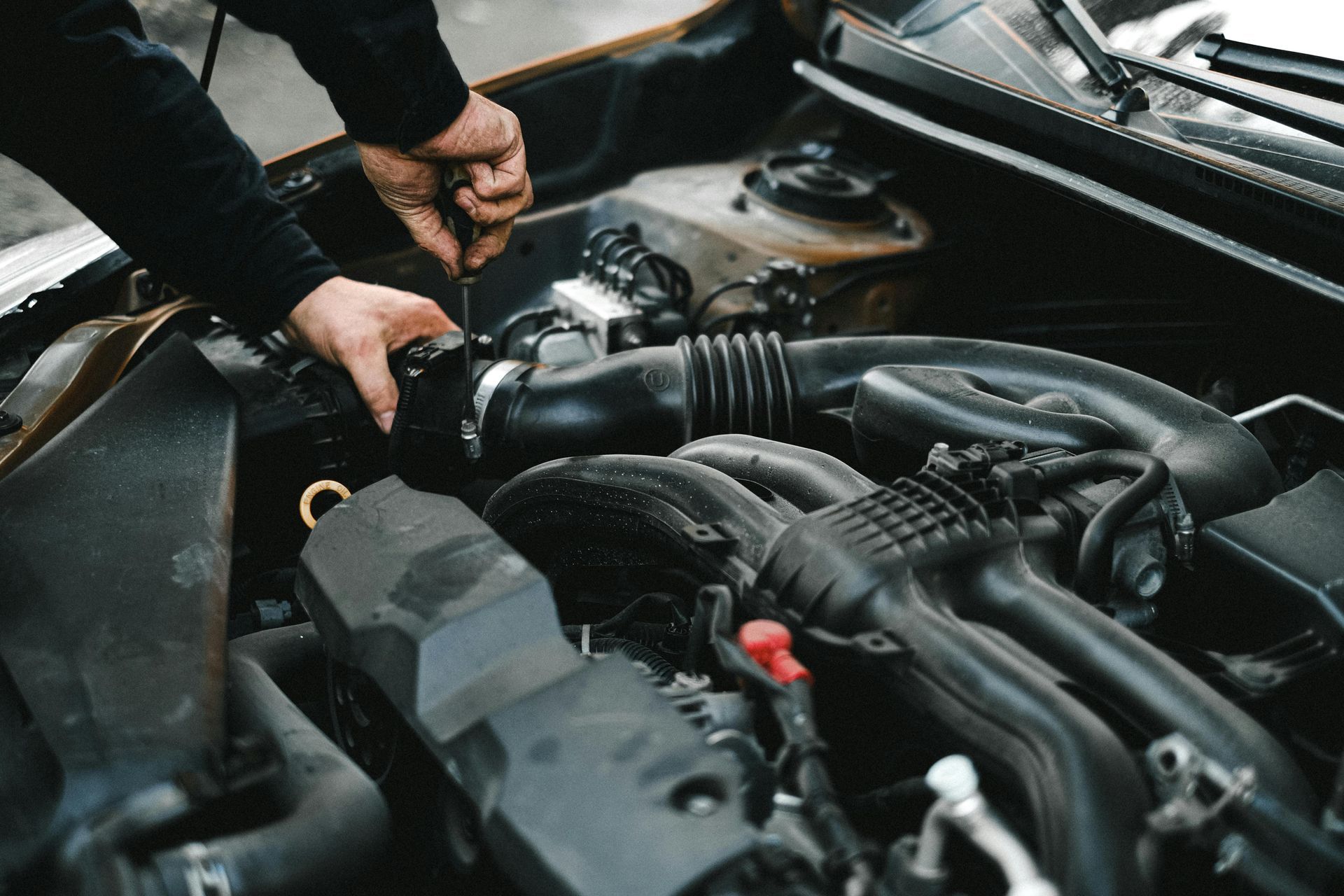DIY or Mechanic? When to Tackle Car Problems Yourself and When to Call a Pro
Welcome to the blog of Paul's Transmission & Auto Repair, your trusted auto repair shop in Baker City, OR. Owning a car comes with a host of responsibilities, one of which is ensuring it’s always in good working condition. But when something goes wrong, how do you decide whether to tackle the problem yourself or call in the experts? In this blog post, we'll explore the pros and cons of DIY car repairs versus professional services, helping you make informed decisions about your vehicle's maintenance and repair needs.
Understanding Your Skill Level
Before you even consider picking up a wrench, it's essential to evaluate your skill level and experience with car repairs.
Basic Knowledge and Tools
If you have a basic understanding of car mechanics and access to the necessary tools, you might be able to handle simple tasks such as changing the oil, replacing air filters, or swapping out wiper blades. These are relatively straightforward tasks that don't require specialized knowledge or equipment.
Advanced Repairs
However, more complex issues like brake repairs, transmission problems, or electrical faults often require a deeper understanding of automotive systems. Attempting these repairs without the proper knowledge can lead to further damage and higher repair costs in the long run. If you’re unsure about your ability to fix the issue, it’s usually best to call a professional.
Evaluating the Problem
The nature and severity of the car problem are critical factors in deciding whether to DIY or hire a mechanic.
Simple vs. Complex Issues
Routine maintenance tasks such as oil changes, tire rotations, or battery replacements are generally safe for a DIY approach. Online tutorials and guides can walk you through these procedures with ease.
For more complex issues like engine malfunctions, transmission repairs, or diagnosing electrical problems, professional mechanics have the training and tools necessary to accurately diagnose and fix these problems. Misdiagnosing a problem can result in wasted time and money on unnecessary parts and repairs.
Considering Time and Convenience
Time is a valuable resource, and sometimes it’s worth more than the cost of professional repairs.
Time-Consuming Repairs
Some car repairs, even those considered simple, can be time-consuming. If you don’t have a lot of free time or need your car back on the road quickly, it might be more practical to bring it to a professional. Mechanics can often get the job done faster due to their experience and access to professional-grade tools.
Emergency Situations
In emergency situations where your car breaks down and you need immediate assistance, calling a tow service and a professional mechanic is usually the best option. Attempting to fix a major issue on the side of the road without the proper tools or expertise can be dangerous.
Assessing Cost Factors
While DIY repairs can save money on labor costs, there are other factors to consider.
Parts and Tools
When doing your own repairs, you must purchase parts and possibly even specific tools for the job. These costs can add up, especially if you buy tools that you may only use once or twice. In some cases, buying parts through a mechanic can be cheaper because they have access to wholesale prices.
Warranty and Guarantees
Professional repairs often come with warranties on parts and labor, providing peace of mind that the job has been done correctly. If something goes wrong after a DIY repair, you’ll have to fix it again at your own expense. With professional repairs, you have the assurance that any issues will be resolved without additional costs.
Safety Considerations
Safety should always be a top priority when deciding whether to tackle car repairs yourself.
Risk of Injury
Working on a car can be hazardous, especially if you’re dealing with heavy components, sharp tools, or high-pressure systems. Without proper training and precautions, you risk injuring yourself or causing further damage to your vehicle.
Professional Expertise
Professional mechanics have the training to handle repairs safely and effectively. They know how to deal with potential hazards and have the proper equipment to perform repairs without risking injury. When safety is a concern, it’s always best to rely on a professional.
Contact Paul's Transmission & Auto Repair
At Paul's Transmission & Auto Repair, we understand the importance of keeping your vehicle running smoothly and safely. Whether you need routine maintenance, complex repairs, or emergency services, our experienced team is here to help. Located in Baker City, OR, we pride ourselves on providing top-notch service at competitive prices.
Don’t let car problems slow you down. Contact us today at
(541) 523-6923 to schedule an appointment or to speak with one of our knowledgeable mechanics. Let us take the stress out of car repairs, so you can get back on the road with confidence.
FAQs
How often should I get my oil changed?
The frequency of oil changes depends on your vehicle's make and model, as well as your driving habits. Generally, it’s recommended to change your oil every 3,000 to 5,000 miles, but consult your owner's manual for specific guidelines.
What are the signs that my transmission needs repair?
Common signs include slipping gears, delayed or rough shifting, unusual noises, leaking fluid, or a burning smell. If you experience any of these issues, it’s best to have your transmission checked by a professional mechanic.
Can I replace my brake pads myself?
If you have the right tools and some mechanical knowledge, you can replace your brake pads yourself. However, brakes are a critical safety component, so if you're unsure, it’s safer to have them replaced by a professional.
What should I do if my check engine light comes on?
A check engine light can indicate a range of issues, from minor to serious. It’s best to have your vehicle diagnosed by a professional mechanic who can use specialized tools to identify and fix the problem accurately.
How can I improve my car's fuel efficiency?
Regular maintenance like keeping your tires properly inflated, changing air filters, and ensuring your engine is running smoothly can improve fuel efficiency. Avoid aggressive driving and excessive idling, and remove unnecessary weight from your vehicle.












